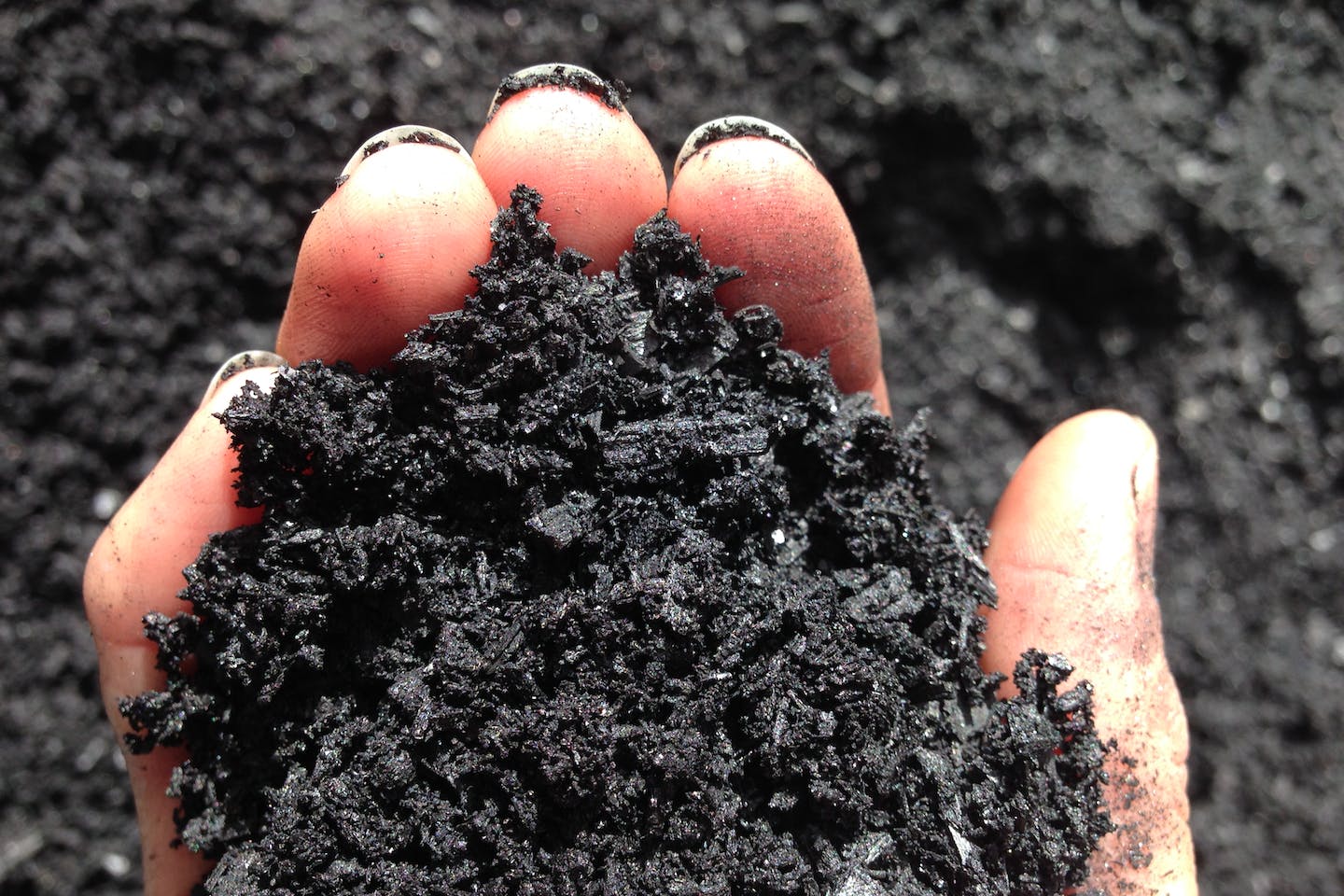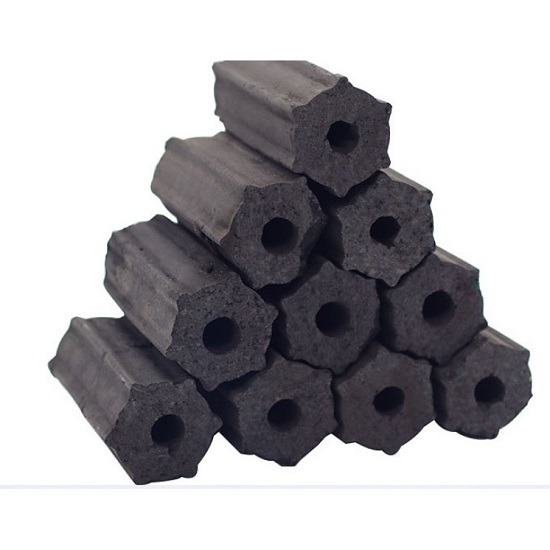Exploring the Mechanics and Benefits of Charcoal Making Machines
Charcoal has been a fundamental element in human civilization for millennia, serving various purposes from cooking to metallurgy. Traditionally, charcoal production involved labor-intensive methods like pit burning or kiln firing. However, with the advent of technology, the landscape of charcoal production has evolved significantly. One such technological innovation is the charcoal making equipment, which streamlines the process, enhances efficiency, and reduces environmental impact. In this comprehensive exploration, we delve into the mechanics, benefits, and applications of these machines.

Understanding Charcoal Making Machines:
Charcoal making machines are mechanical devices designed to convert biomass materials such as wood, coconut shells, bamboo, or agricultural residues into high-quality charcoal through a controlled pyrolysis process. Pyrolysis involves heating organic materials in the absence of oxygen, causing them to decompose into charcoal, volatile gases, and other by-products.
These machines typically consist of several key components:
Feeding System: Biomass materials are fed into the machine through a hopper or conveyor belt, ensuring a continuous supply for the pyrolysis process.
Pyrolysis Chamber: This is where the actual transformation takes place. Inside the chamber, the biomass is heated to high temperatures in the absence of oxygen, leading to the production of charcoal.
Heating Source: Charcoal making machines employ various heating sources such as biomass burners, electric heaters, or gasifiers to initiate and maintain the pyrolysis process.
Cooling and Collection System: Once the pyrolysis process is complete, the charcoal is cooled and collected using a system of fans, condensers, and filters. This ensures efficient recovery of the charcoal while minimizing emissions.
Control System: Modern charcoal making machines are equipped with advanced control systems that regulate temperature, airflow, and other parameters to optimize the pyrolysis process and ensure consistent charcoal quality.
Benefits of Charcoal Making Machines:
Increased Efficiency: Charcoal making machines automate and streamline the production process, significantly increasing efficiency compared to traditional methods. They can operate continuously, allowing for higher throughput and consistent charcoal quality.
Resource Conservation: By utilizing biomass materials such as wood waste or agricultural residues, charcoal making machines help reduce reliance on finite resources like fossil fuels. This promotes sustainability and mitigates environmental impact.
Emissions Reduction: Unlike traditional charcoal production methods that often result in significant emissions of harmful gases and particulate matter, charcoal making machines are designed to minimize pollution through controlled pyrolysis and efficient emission control systems.
Versatility: Charcoal making machines can process a wide range of biomass feedstocks, including wood chips, sawdust, rice husks, coconut shells, and more. This versatility allows operators to adapt to local resource availability and market demand.
Income Generation: In many regions, especially rural areas with abundant biomass resources, charcoal production can serve as a valuable source of income for local communities. Charcoal making machines enable small-scale entrepreneurs to enter the market and create economic opportunities.
Quality Control: With precise temperature and airflow control, charcoal making machines ensure consistent charcoal quality, free from impurities and contaminants. This enhances marketability and customer satisfaction.
Applications of Charcoal Making Machines:
Cooking Fuel: Charcoal remains a popular cooking fuel in many parts of the world due to its high energy density, clean-burning properties, and affordability. Charcoal making machines produce charcoal briquettes or lump charcoal suitable for household cooking stoves, barbecues, and industrial applications.
Metallurgical Processes: Charcoal is widely used as a reducing agent in metallurgical processes such as iron smelting and steel production. Charcoal making machines provide a reliable source of high-quality charcoal for these applications, ensuring consistent process efficiency and product quality.
Activated Carbon Production: Activated carbon, derived from charcoal, is utilized in various industrial processes including water purification, air filtration, and pharmaceutical manufacturing. Charcoal making machines play a crucial role in supplying raw material for activated carbon production, meeting the growing demand for environmental remediation solutions.
Agricultural Applications: Charcoal, particularly in the form of biochar, can improve soil fertility, water retention, and crop yields. Charcoal making machines enable farmers to produce biochar from agricultural residues, creating a sustainable solution for soil amendment and carbon sequestration.

Conclusion:
Charcoal making machines represent a significant advancement in the field of charcoal production, offering enhanced efficiency, sustainability, and versatility. By harnessing biomass resources and leveraging advanced technology, these machines address the challenges associated with traditional charcoal production methods while unlocking new opportunities for economic development and environmental stewardship. As the demand for clean energy and sustainable materials continues to grow, charcoal making machines are poised to play a vital role in shaping the future of biomass utilization and resource management.